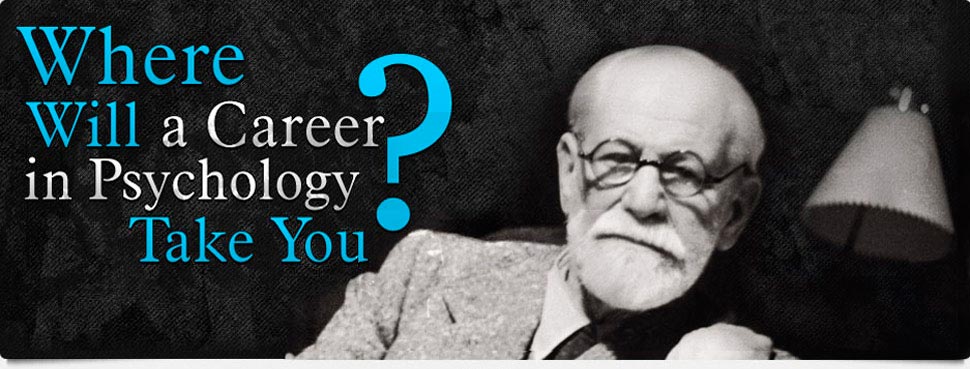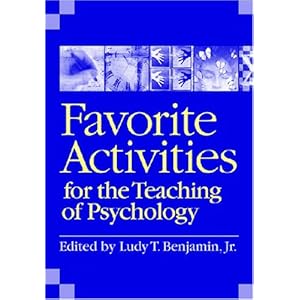Hello Everyone,
Today we have a guest blogger, Maggie Payne from Shelby County Schools in Kentucky. I saw her post on Standards-Based Grading on one of the AP Psychology facebook groups and asked her to do a guest post for us. Thank you, Maggie!
I have no experience with this format, so Maggie's expertise and insight are particularly valuable. Check out her experiences below.
=======================================================================
At Shelby County High School, we’ve been doing Standards Based Grading (SBG) for 3 years. It was piloted by our Science department and it gained momentum from there. Now the whole school uses it. Before the adoption of SBG, if students failed a test, as a teacher, we could only tell parents that they failed the test with an arbitrary grade behind it. With standards-based grading, we can pinpoint exactly what standards students did not show mastery or proficiency. When the students, and hopefully parents, see their returned test grades they can say, “Okay I really understood the different types of research design, but I really did not understand how to identify the independent variable and dependent variable.”
We do our grading on a 1-4 scale and this is our current grading policy:
1 - 60%
2 - 75%
3 - 85%
4 - 100%
A team of our teachers worked to create a common rubric for the 1-4 scale:
4 – The learner knows all of the simple knowledge and skills, all of the complex knowledge and skills and may go beyond what was taught in class to apply the knowledge.
3 – The learner knows all of the simple knowledge and skills, and some of the complex knowledge and skills.
2 – The learner knows all of the simple knowledge and skills.
1 – With help, the learner knows some of the simple knowledge and skills.
0 – Even with help, the learner does not know any of the simple or complex knowledge and skills. Does not attempt (SCHS Standards Based Grading Policy 2015-2016)
Our computer grade book system is Infinite Campus, and we use strictly the 1-4 scale. We also set up our grade books to be 90% summatives, 10% formatives. So all the little daily work counts, they need to do it for understanding, but tests, projects, papers are where they are really assessed. The consensus in our building was that we should design our classes so that they are similar to the college experience. I usually do not take up daily work. If it’s a little daily quiz over a specific standard, I will count that as a formative to see their progress on that standard and potentially if I need to reteach. One pain in my patella is kids always ask, “Is this a 90 or 10% grade?” So they think if it’s 10%, they don’t/shouldn’t have to do it.

Our tests are designed to assess standards. So the theory behind SBG is that students mastered “standards” or skills that we want them to know. This was my first year to really dive in deep into SBG with Psychology, so it is by no means perfect. But what I suggest starting with the AP objectives for each unit, or if you are teaching regular psych, use the objectives in the book that are at the beginning of each chapter. I created my own power standards on which to focus. In the screenshot above, I hovered over my unit test on Motivation and Emotion, with standard 5.3 focusing on Maslow’s hierarchy of needs, intrinsic, and extrinsic motivation. Most students did well on that specific standard, with an average of 3.05.
When students do not do well on a summative, such as receiving a 1 or a 2, it is our school’s policy that they can remediate. Again, this is beneficial to the student, parent, and teacher because I can look at their summative and say that they really didn’t understand Maslow’s hierarchy of needs, and that’s what they need to remediate and retest over. Not the whole entire Motivation and Emotion Unit summative. Remediation should be some form of work, exploration, reteaching activity, etc. and then we review it again with students. Once they have done these things, they should be ready to retest. The new summative should not be exactly the same as the old, and the new grade replaces the old in the grade book as well.

On my tests, I usually have the standards listed out and the questions underneath them. In my grade book, if there are 5 standards on that unit test, then there will be 5 grades in the computer. So there isn’t really one exam grade, there are five. But if they got 2, 2, 3, 1, 4, for example, you would know they need to go back and remediate that 4th standard for sure. In the picture above I have a sample standard from my unit summative on Research Methods. I have the standard listed out and then the corresponding questions below.
Not all standards have to be assessed by multiple choice exams, but I understand if you are teaching AP Psychology and need students to practice timed MC questions. For this unit as well, I had them design an experiment, test their hypothesis, and write an abstract for a potential psychological journal. This was a different kind of summative assignment and therefore not included on the MC assessment. There are a few caveats to SBG. When working on specific skills, some teachers in our building will replace that summative grade over time in the grade book as students progress throughout the year. Other teachers will just create a new grade.
Also, for MC assessments, I find it’s easier to just figure out their percentage, and assign the corresponding SBG grade:
4 – 90%-100%
3 – 80%-89.9%
2 – 66%-79%
1 – 1%-65%
0 – All wrong, no relevant information, nonsense, etc. (SCHS Standards Based Grading Policy 2015-2016) Multiple choice might be easier to assess, but it’s not always the best. Essays and projects really lend themselves well to SBG.
Standards-based grading seemed really overwhelming to all of us at first. But once you get practice with it and the students really understand the purpose behind SBG, it is a better grading system.
Please feel free to email me if you have any questions. I would be more than happy to help!
-Maggie Payne
maggie.payne@shelby.kyschools.us
Shelby County High School
Shelbyville, Kentucky
















